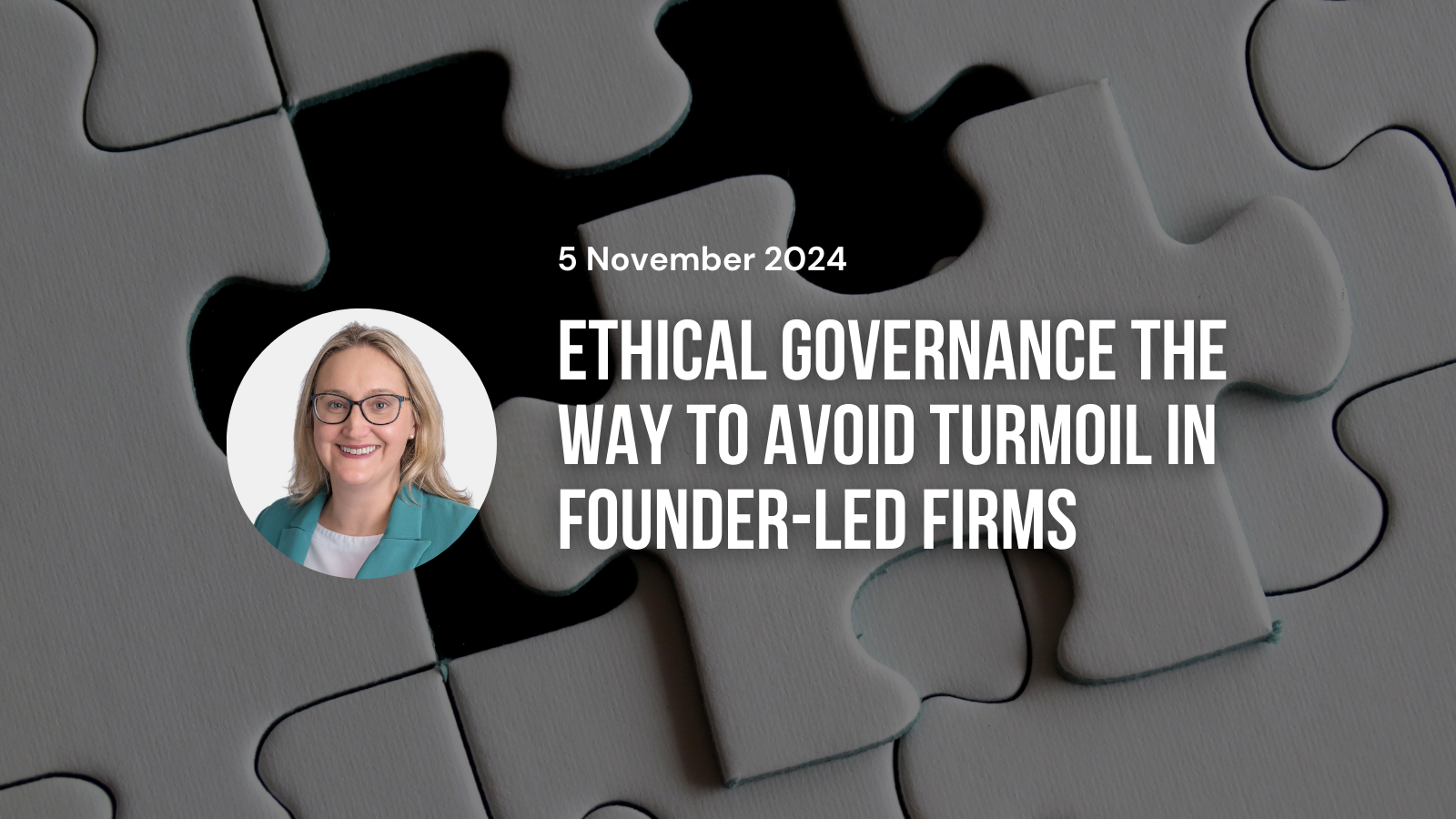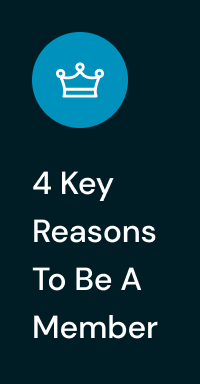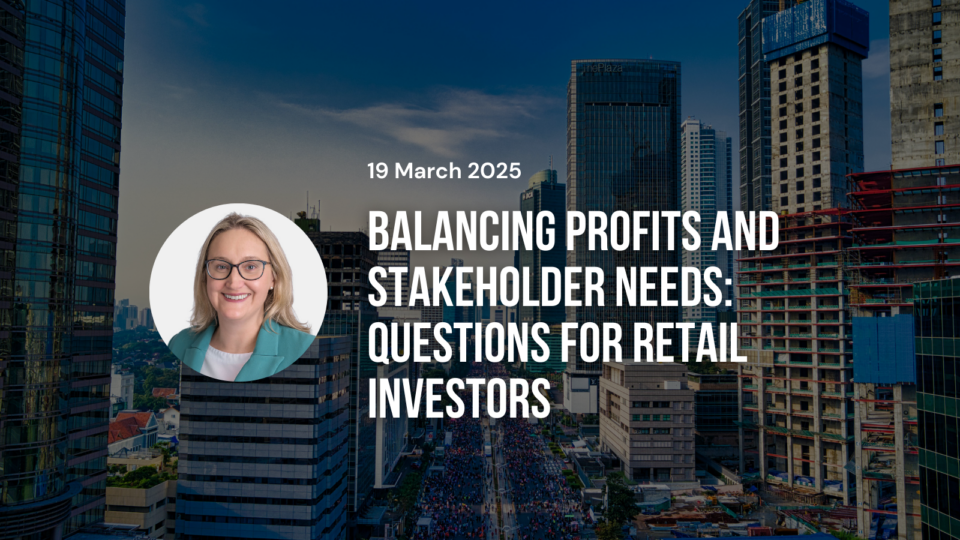

In the wake of recent controversies surrounding WiseTech and Mineral Resources, the Australian Shareholders’ Association (ASA) has been vocal about the need for robust governance and ethical practices within companies, particularly those led by founders.
We represent the interests of retail shareholders, which is the group that is often most affected by the fallout from corporate scandals. These shareholders expect transparency, accountability and decisive action when allegations of misconduct arise, as they have for the CEOs of these businesses.
In fact, research shows how important it is for company founders’ behaviour to be beyond reproach, with the Governance Institute of Australia’s 2023 Ethics Index highlighting the significant influence senior roles have on organisational ethics.
The study found CEOs have the greatest impact on ethics, followed by the board of directors and senior management. The chair’s influence on ethics is also increasing, demonstrating how important this role is in shaping a company’s ethical culture.
Share price and reputational carnage: what shareholders expect now
The destruction of value is the most concerning aspect of the allegations against WiseTech’s and Mineral Resources. Investors insist boards take these issues seriously.
Retail shareholders have clear expectations for how companies should handle investigations into allegations of misconduct.
1. They want a comprehensive post-mortem
Shareholders expect a thorough, independent investigation to ensure objectivity and minimise bias. This is crucial for restoring confidence.
2. They want to be kept up-to-date
As the company’s owners, they rely on regular updates on an investigation’s progress and expected timelines to maintain their trust.
3. They want outcomes
After the investigation, shareholders expect a comprehensive report detailing findings, outcomes and actions to be taken to redress the situation. While certain details may need to be kept confidential, overall transparency is key.
4. They want to be considered
Retail shareholders want the findings of investigations to be informed by the views of stakeholders, including customers, employees, and partners. This can help align the company’s response with broader interests and strengthen outcomes.
5. They want concrete actions and clear measurable timelines
Specific action plans with deadlines and accountability mechanisms are crucial for preventing future issues and reassuring shareholders.
6. They want consistency
Consistent communication as changes are implemented helps build a sense of engagement with all stakeholders, particularly retail shareholders.
Our members always want to understand the culture of the companies they invest in, which can provide insights into how they respond to challenges. Asking targeted questions at an AGM, such as inquiring about staff surveys and planned improvements, can reveal a company’s commitment to a constructive workplace culture. The response, whether open and transparent or dismissive, offers a telling view into the company’s ethical stance.
Retail shareholders can feel like outsiders when allegations of misconduct arise. While they may not have all the information, their perspective is grounded in a fundamental question: what is the right thing to do in this situation?
They expect companies to prioritise ethical standards and transparency, even as they balance confidentiality needs. This perspective brings a moral dimension to governance, underscoring the importance of aligning corporate actions with shareholders’ values. Adhering to these expectations is essential for companies facing scandals to maintain retail shareholder confidence and support better long-term governance.
I encourage you to read my colleague ASA’s chair, Steven Mabb’s, piece on assessing trust in management. Without trust and ethical governance, it’s very difficult for retail shareholders to remain invested in founder-led firms.
These factors are the cornerstone of long-term value creation and we expect the people who run the companies we own to demonstrate them in spades.





